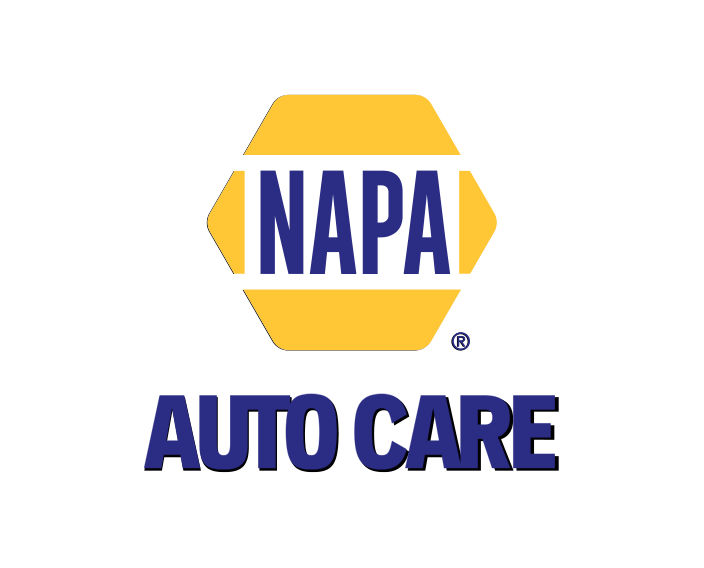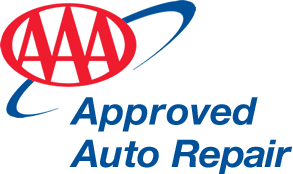Winterizing Your Vehicle
As Winter Approaches it is important to make sure your vehicle is in a condition where you are traveling as safe as possible. To help better prepare for this season of driving here are some tips and suggestions on winterizing your car:
Check Your Antifreeze
Your antifreeze (the juice that goes in your radiator) is an essential part of your car’s winter protection. Your car contains a 50/50 mix of water and antifreeze. Make sure the level is full and the mixture is close to 50/50. Many auto service stations and repair centers will check this mixture free, or you can buy a tester for around $5.
Only fill with premium brand anti-freeze, make sure to check your owners manual for proper anti-freeze type
Inspect Your Tires
Tires are frequently the most neglected vehicle component but are among the most important. Check tire pressure and tread depth before winter sets in. Under- inflated and worn tires will not provide sufficient traction – especially on wet or icy roads.
Replace Your Wipers
Install good windshield wiper blades
Check Your Windshield Fluid
Fill wiper fluid reservoir with de-icing solution
Check the battery
Icy-cold temperatures can reduce a vehicle’s battery power by up to fifty percent. If the battery is barely turning the engine over now, it is likely to fail during winter. If your vehicle battery is older than three years, have it tested. Also, make sure the posts and connections are free of corrosion.
Inspect Your Spark Plug Wires
Cracked up plug wires affect performance, gas mileage and general reliability
Inspect Your Brakes
Quick visual inspection will give you peace of mind driving in cold harsh conditions
Check Your Engine Oil
Dirty oil makes it harder for the engine to turn over, especially in cold weather, resulting in premature engine wear. Check your owner’s manual for the recommended oil change frequency and replace the oil with the appropriate grade for the seasonal temperatures in your area.
Check Belts and Hoses
Modern materials have made belts and hoses very durable with relatively long lives, but they can deteriorate over time and fail without warning.
Tune up the motor
Air, Oil and Fuel filters, including new spark plugs, ignition cap, rotor and wires. Ignition system needs to be in top shape to battle the cold.
Winter Vehicle Emergency Kit Items
Blanket – wool is best, as it still warms even when wet
Empty Gas Can – in case you run out
Warning light, hazard triangle, or Road Flares -make it easier for someone to find you if things are really bad
Snacks – (durable ones) such as granola bars, jerky or dried fruit
Water – make sure you empty a little out of the tops of bottles in case they freeze
Flashlight (with batteries) – preferably waterproof
First Aid Kit
Jumper Cables or a Portable Battery Booster – cold decreases battery life
Ice Scaper/snowbrush
Car shovel
Hand Warmers
Advanced Auto Clinic is a full service, automobile repair and auto repair maintenance shop serving the Delavan and Lake Geneva area with many years of consistent and friendly service. Click here to see all of the services offered: https://www.aacdelavan.com/automotive-services/






















